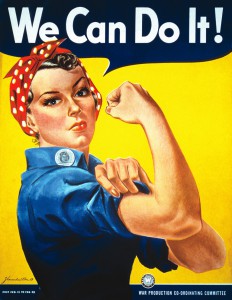Author: Jo von Beust (writer, translator, activist) from Munich, Germany
Becoming a male feminist is the latest facet I have been adding to the many ideas, concepts, analogies I have embedded over the time of my life into my expanding view of what it means to be human. Becoming a feminist is also a tribute to my daughter, born 2013, who I would like to see grow up in a world where she can travel to any place on earth and dive into any culture humans have created on the planet and not be subject to discrimination, sexism but rather be recognised, respected, treated as equal, as a full human being.
Apart from this “personal” motivation – why should we be or become male supporters of the “new” empathic feminist movement we witness today? Good question.
First thing for me was to realise the new quality, dimension and tone of today’s local and global women’s initiatives.
During the 1980s and 1990s, I had been a sympathizing bystander, but regarded women’s emancipation and participation as one issue of the many political and social topics we were dealing with at the time. And, somehow this women’s issue had nothing to do with my own private life, with the woman I was married to at the time or the son we were raising. However, I had a brief encounter with men taking first steps to liberate themselves from what they vaguely felt was cutting them off from what life might mean, embarking, inspired by Robert Bly’s Iron John, on a journey that led to, as I see it today, … nowhere. Because, the search for “real” manhood failed to ask that one essential question: what about the women?
Ironically, in the many initiatives, groups and seminars I visited in the last decade, dealing with “new” concepts about life, forms of communication, spirituality, music, healing, personal growth and such things, I noticed a strange absence of men, and the women there, outnumbering us few men by far, did ask me the counter question: what about the men?
It seemed that men and women were living in different worlds, in different timelines, with women searching, longing and men rejecting, persisting.
At one point, I was driven or drawn deeper into the women’s issue.
First, I was particularly impressed by the feminine movements that expand the theme of women’s or gender equality, or gender issues in general, to evolve to “real transgender” topics or social/political action, as it were. Here, Liberian peace activist, social worker, women’s rights advocate and 2011 Nobel Peace Laureate Leymah Gbowee set the pace with leading a nonviolent movement that brought together Christian and Muslim women to play a pivotal role in ending Liberia’s devastating, fourteen-year civil war in 2003.
Inspiringly, the main Gandhian-like form of action of these women was a strike calling up for “no sex, no cooking” 🙂 ! That really made men start thinking and reach out to each other beyond religious dogmatism – a favourite geegaw of men all over the planet, apart from football, of course! At one point, these women surrounded the Liberian parliament by the thousands and made it clear that they wouldn’t go away, until the men inside would have signed the peace treaty.
More recently, in October 2016 Israeli singer and activist Yael Deckelbaum co-organized a march called “Women Wage Peace” across the holy land, culminating in a common prayer of peace of 4,000 Palestinian and Israeli women on the shores of the Red Sea.
With the heading “Prayer of the Mothers”, this women’s march infused another dimension to the Liberian prototype: the mother archetype, the symbol of life giving, of creation, of life unfolding. To this already powerful mix Yael then went on to “add some music” – do you remember that old Beach Boys’ song? – to create a wonderful, moving and inspiring four-fold formula, where music or the community created by singing together brought to life the promise Yehudi Menuhin once made: “One person singing, can heal her/himself, people singing together can heal the world.” Deckelbaum’s musical video “Prayer of the Mothers” about this 2016 march passed 3.5 million views on Youtube by mid July 2017, a monthly plus of some 100,000, and it doesn’t stop there. A new, larger, more powerful Women Wage Peace march is coming up end of September 2017 in Israel/Palestine. The women there are hanging in.
Co-organising together with five women a similar Prayer of the Mother – Wo/men’s March in June 2017 in Munich, with Yael Deckelbaum joining in from Israel, not only proved to be very demanding on my male self, but opened a new perspective on our (gender) issue. Public Bavarian Broadcasting BR aired a feature on this event which can be watched here.
In Munich, we as organizers, added a slash to make it a “Wo/men’s March” and to emphasize that the state of womanhood on our planet is an issue that is intrinsically of concern for men, too.
Because, I believe now, it is not just a question of women’s “emancipation” or “rights” or “opportunities” anymore, rather fundamentally now, women’s participation or even leadership has become a matter of survival for the human species itself. It may be worth pointing out, that the term “women” in this context is used as a term of inclusion – as a placeholder for all those who are – more or less – excluded from shaping our economic and political processes. It is not as an expression of (another) separation. Of course, discussing more in depth the issue of gender – which is inseparable from our male feminist discourse –would need to include LGBT or gender fluidity aspects, however this would lead me away from the – quite radical – point I wish to make here.
By suppressing and cutting away the female element in our cultures, human civilisation on this planet has evolved to become a self-destructive monster. Male domination over the past 10,000 years or so has produced cultures, civilisations and religious belief systems based and thriving on oppression, exclusion, separation, and, to put it blantly, hate.
Our world civilisation today is deeply rooted in materialism and has developed a weird mechanistic and rationalistic approach to what it means to be human and to what life may be about. So is the set-up of our social and political systems leavened by patriarchal concepts.
Nature is perceived to be some kind of machine that doesn’t run properly, is essentially faulty and has to be improved wherever humans can’t face the fact that they themselves are products of nature. In the search for the meaning of the whole, Western, and now world civilisation has been on the search for the smallest of items to give the answers about the whole, deconstructing the whole to reconstruct it with reasoning and scientific methods to create a ramshackle inhumane construction under the control of economic interest.
The latest advancements of technology, algorithms and AI are assuming the nightmarish dimension of an extinction of humankind – a notion that not only shared by fringe thinkers and scientists but also, of all people, by technology gurus like Elon Musk who is voicing serious concerns in this respect.
Our patriarchal religious and political systems, led by ridiculous psychopaths like Trump, Putin, Erdogan, Netanyahu, Abbas, Kim Jong-Un, Orban – to name just a few – hold the world in ransom with their queer and crude concepts of “first”, “territory”, “borders”, “order”, “security”, “nation” or whatever. And, they are willing to make suffer and kill millions of humans to satisfy the ego that is whispering and rattles on about “the others” in their head when they’re alone – or not – in their bed at night.
It is not without reason why one of the main demands the peace women in Israel are putting forth, is to include women into the Israel-Palestine peace process.
So, what has that to do with becoming a male supporter of feminism?
Because the new empathic feminism is about ending the separation, is about connecting, is about love, is about joy, music, passion, good living, is about life itself, because it is about realizing that we are living beings that are rooted in culture and nature. Wonderful Tunesian born Kaouthar Darmoni hits the nail on its head when she states that to be fully human, women need to be able to be fully woman.
And, if women can return to be fully female, this return of freed femininity into our world – which is a return of half of humanity to take part in all aspects of our civilization – would liberate also us men from the slavery of the self-destructive, economistic, mechanistic and egotistic patriarchal paradigm we have caged ourselves in. We would be freed from self-inflicted musts and don’ts, rediscover playfulness, rediscover how it feels like to be deeply connected, flushed with love (and not just sex).
Together with women we could build a world where our ingenuity, thinking and savoir-faire would, while making life easier, be directed towards preserving and protecting the whole. And last not least: under the veils and encasements, whether made from cloth or social and cultural fabric, we have hidden women for so long, we may discover a wonderful enrichment of our lives, of all life, we never ever thought possible.

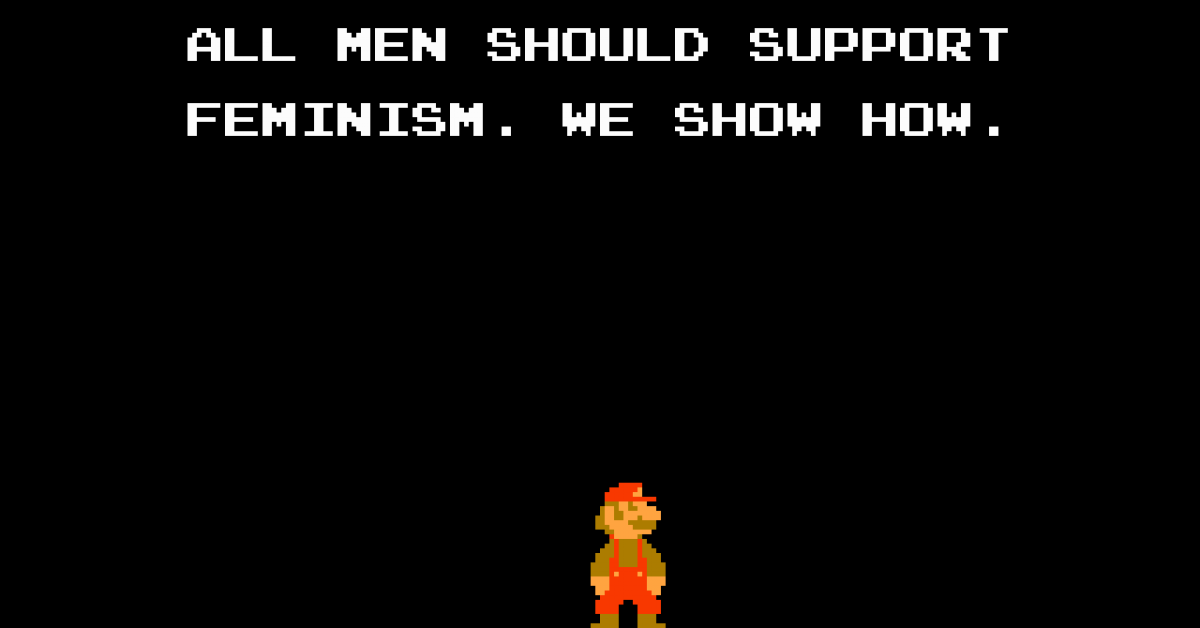
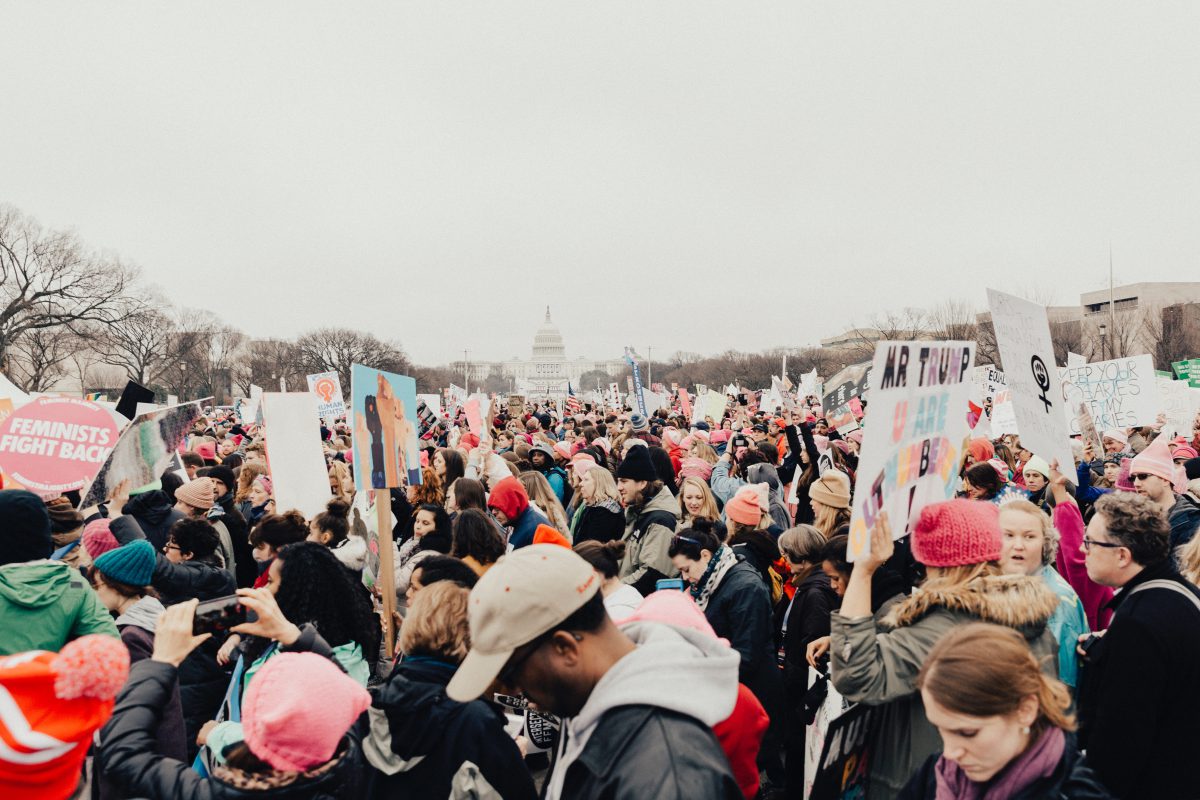

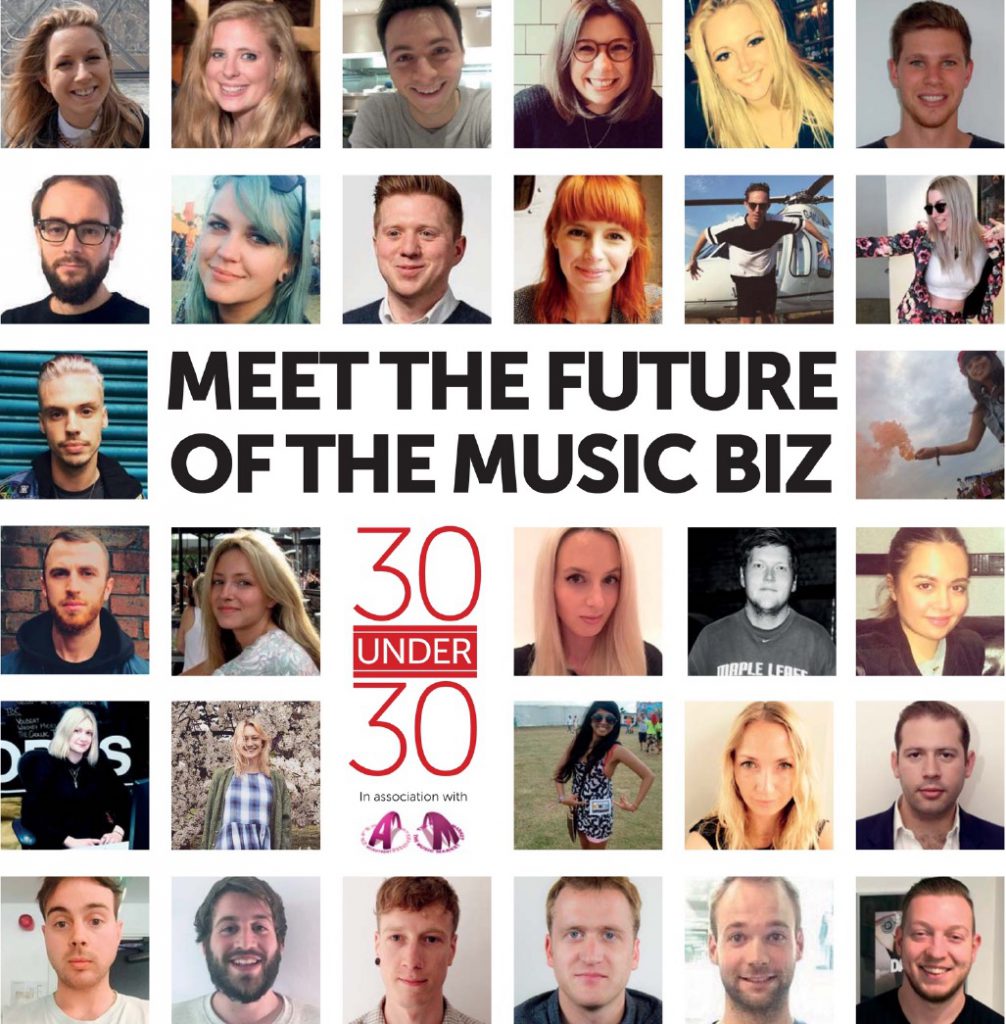
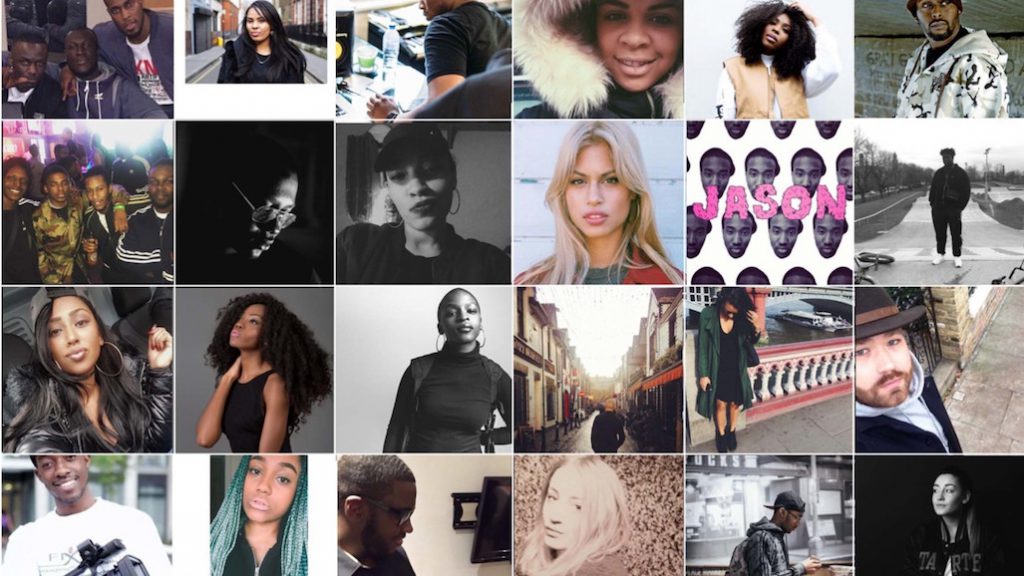
 But instead of mixing we often group with those that are similar. Psychologists explain this by the way our brain is set up. We feel more secure with those that are similar to ourselves, trust them easier. That’s why expats always stick to one another. And within each expat community you’ll find subgroups sorted by nationality. Or maybe by religion or language. And of course all of which are gossiping against each the other groups and all together against the host nation. It’s easier, it’s our comfort zone.
But instead of mixing we often group with those that are similar. Psychologists explain this by the way our brain is set up. We feel more secure with those that are similar to ourselves, trust them easier. That’s why expats always stick to one another. And within each expat community you’ll find subgroups sorted by nationality. Or maybe by religion or language. And of course all of which are gossiping against each the other groups and all together against the host nation. It’s easier, it’s our comfort zone.